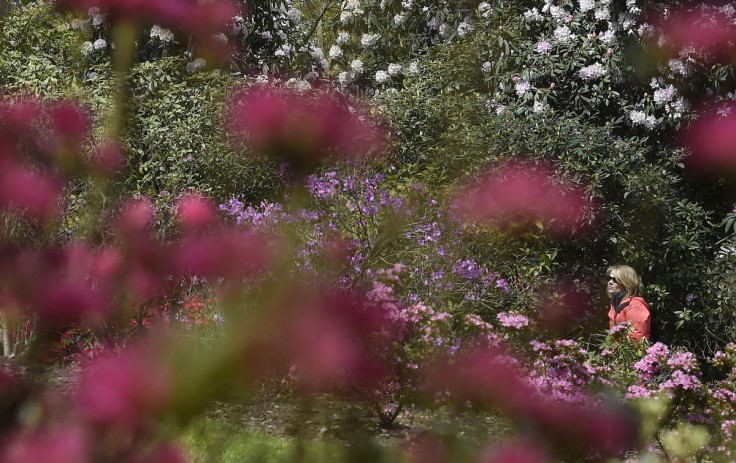First global assessment of world's plants reveals 390,900 species known to science

There are an estimated 390,000 plants known to science, researchers have announced. Scientists have published a global assessment of the different plant species across the world, and found at least 20% of all species are at risk of extinction.
The 80-page report, titled State Of The World's Plants, was brought out by botanists of the Royal Botanic Gardens, Kew. It reveals as many as 2,034 new plant species were discovered in 2015.
"Plants are absolutely fundamental to humankind. Plants provide us with everything — food, fuel, medicines, timber and they are incredibly important for our climate regulation. Without plants, we would not be here. We are facing some devastating realities if we do not take stock and re-examine our priorities and efforts," said Kathy Wills, director of science at Kew, who led the team of biologists.
The global assessment showed humans use up to 30,000 plants for various purposes. Of the entire plant kingdom, close to 369,400 plants are flowering. The study omitted algae and moss species.
Several factors such as climate change, human activities, razing of tropical forests and other invasive species have been cited as major threats for the plant kingdom. The spread of diseases and pests also remain a major cause of concern, the scientists warned.
Some of the fascinating plants that were recently discovered include a 100-tonne tree, which was 45-metre in height, in an African forest and a 1.5-metre-tall carnivorous plant in Brazil.
The study also points out that over 17,000 plants can be used for medicinal purposes while more than 5,500 species can be consumed as food. A vast majority of the plant varieties have yet-unknown benefits, the authors added.
"If we completely clear the land and have a type of monoculture what happens when a new plant disease emerges and wipes out the crop entirely?" said Steve Bachman, one of the researchers who conducted the study.
Wills added: "This is the first ever global assessment on the state of the world's plants ... I find this remarkable given the importance of plants to all of our lives — from food, medicines, clothing, building materials and biofuels, to climate regulation. This report therefore provides the first step in filling this critical knowledge gap."
© Copyright IBTimes 2025. All rights reserved.





















